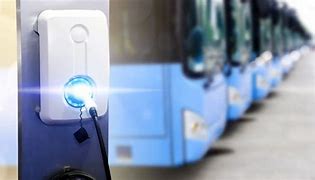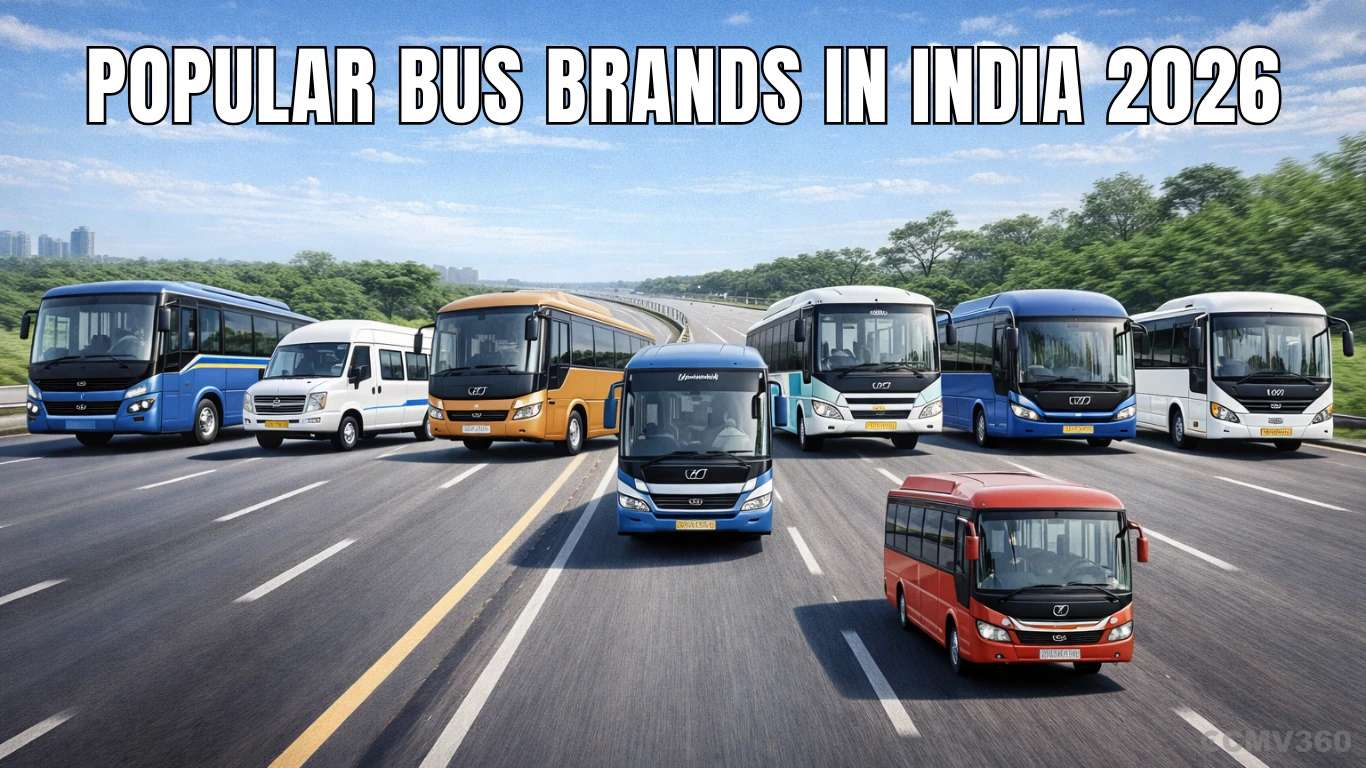Ad
Ad
Government Introduces Revenue-Sharing Model for Electric Vehicle Charging Stations

Key Highlights:
- New guidelines for EV charging stations introduce a public-private revenue-sharing model.
- Guidelines apply to various locations, enhancing charging infrastructure.
- Government will provide subsidized land for charging stations, sharing revenue.
- Minimum station density: one per 1 sq km in urban areas by 2030.
- Standardized protocols will improve user experience at charging stations.
The Indian government has introduced new guidelines to speed up the installation and operation of electric vehicle (EV) charging stations. This initiative, part of a revenue-sharing model between government and private players, aims to accelerate the adoption of electric vehicles and improve charging infrastructure across the country.
Revised Guidelines Overview
The Union Ministry of Power published these revised guidelines, which apply to various types of EV charging stations. The update follows the launch of the PM E-DRIVE scheme, designed to create a comprehensive network of charging stations throughout India.
Originally, guidelines for EV charging infrastructure were released on December 14, 2018. They have undergone five revisions to adapt to the evolving needs of the EV industry. The latest update, effective from April 2023, set a cap on service fees that Charge Point Operators (CPOs) can charge at public stations.
Key Features of the New Guidelines
The new guidelines for electric vehicle charging station focus on enhancing the financial viability of public charging stations. They cover privately owned parking areas and semi-restricted places like office buildings, hospitals, and educational institutions, as well as public locations such as petrol pumps, highways, and commercial complexes.
The guidelines focus on creating a robust nationwide network of charging stations. They prioritize essential locations and ensure that EV charging is accessible, safe, and reliable.
Revenue-Sharing and Cost Reduction
To support the installation of public charging stations, government bodies will provide land at subsidized rates to private operators. In return, these operators will share a portion of their revenue with the land-owning agencies for ten years, based on the electricity consumed at the charging stations.
To promote EV charging, the cost of electricity at these stations will remain below the average supply cost until March 2028, with reduced tariffs during peak sunlight hours (9 AM to 4 PM) to encourage the use of renewable energy.
Infrastructure Density Requirements
The guidelines mandate a minimum density of public charging stations, targeting at least one station per square kilometer in urban areas by 2030. For highways, stations will be spaced every 20 kilometers, and every 100 kilometers for heavy-duty vehicles like electric trucks and buses.
Additionally, larger charging stations will be required to include amenities such as washrooms, drinking water, and surveillance for customer convenience and safety.
Enhanced Technical Specifications
The updated guidelines also require standardized open communication protocols, such as the Open Charge Point Protocol (OCPP), ensuring a consistent and user-friendly experience at charging stations. This will allow for real-time monitoring, booking, and payment options across the country.
PM E-DRIVE Scheme and Future Plans
The PM E-DRIVE scheme supports the establishment of public charging stations, easing concerns for EV customers about range anxiety. Plans include installing 74,300 chargers, including 22,100 fast chargers for electric cars, 1,800 for electric buses, and 48,400 for two- and three-wheelers, with an estimated implementation cost of Rs 2,000 crore.
Also Read: Storm EV Range: India’s First ADAS-Equipped Electric LCVs
CMV360 Says
The new guidelines for EV charging stations represent a significant step towards enhancing the electric vehicle ecosystem in India. These measures will help make electric vehicles more accessible and appealing to consumers while addressing range anxiety. Building a sustainable future in transportation is important, and these policies aligns well with that goal.
News
Ashok Leyland Inaugurates State-of-the-Art EV Manufacturing Plant in Lucknow
Ashok Leyland inaugurates a new EV manufacturing plant in Lucknow, boosting electric buses, jobs, and sustainable mobility in Uttar Pradesh....
09-Jan-26 01:16 PM
Read Full NewsMurugappa Group’s TI Clean Mobility to Enter E-Rickshaw Market as EV Investment Crosses ₹3,000 Crore
Murugappa Group’s TI Clean Mobility plans e-rickshaw entry as EV investment crosses ₹3,000 crore, focusing on North India while expanding across four electric vehicle pla...
09-Jan-26 01:01 PM
Read Full NewsBolt.Earth and Atul Greentech Launch Nationwide Home Charging for Electric Three-Wheelers
Bolt.Earth partners with Atul Greentech to offer home chargers with every electric three-wheeler, enhancing convenience, safety, and adoption of commercial EVs across Ind...
09-Jan-26 12:07 PM
Read Full NewsYEIDA Plans Hydrogen Bus Service from Noida to Taj Mahal via Noida International Airport
YEIDA plans hydrogen buses between Noida and Agra via airport, offering clean, low-emission travel to the Taj Mahal with NTPC support and modern bus facilities....
09-Jan-26 10:11 AM
Read Full NewsBKT Becomes Official Tyre Partner for All Teams in India’s Women’s T20 Championship
BKT becomes the official tyre partner for all five teams in India’s premier women’s T20 cricket league, supporting the growth of women’s cricket and sports inclusion....
09-Jan-26 08:21 AM
Read Full NewsGovernment Proposes Mandatory Sound System for E-Rickshaws and E-Karts to Improve Pedestrian Safety
The government plans to make sound systems mandatory for e-rickshaws and EVs from October 2026 to improve pedestrian safety and reduce accidents caused by silent electric...
08-Jan-26 09:12 AM
Read Full NewsAd
Ad
Latest Articles

Popular Bus Brands in India 2026
08-Jan-2026

Popular Volvo Luxury Buses in India 2026: Complete Guide to Volvo Buses Prices, Specs, and Key USPs
06-Jan-2026

Top 10 Commercial Vehicles to Buy in India in 2026
06-Jan-2026

Top 5 Tata Pickup Trucks in India 2026: Prices, Specs & Best Models Compared
30-Dec-2025

EXCON 2025 Spotlight: Tata Motors Unveils Powerful New Diesel, CNG & Electric Commercial Vehicles for Construction and Mining
18-Dec-2025

Ashok Leyland 1920 vs 2820 Tipper Comparison: 6-Wheeler or 10-Wheeler – Which Is Better for Construction & Mining?
17-Dec-2025
View All articles





